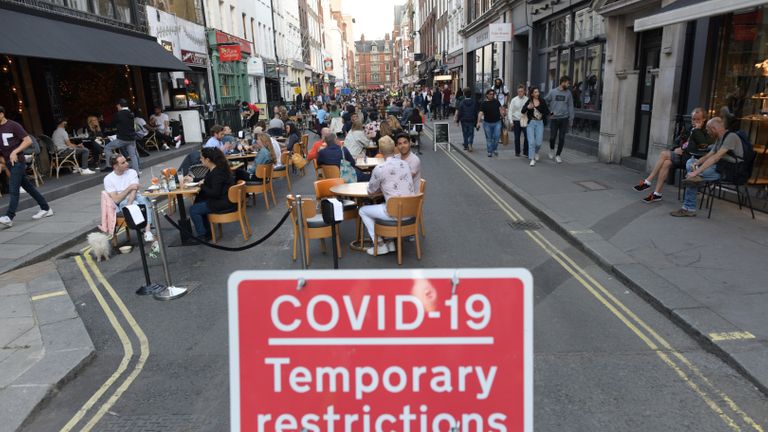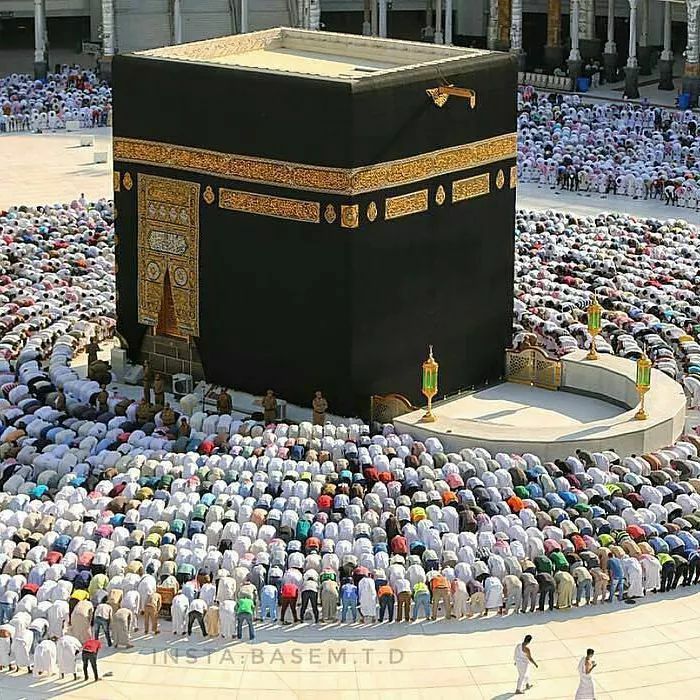Intro
Zakah is not just any form of voluntary charity, almsgiving, tax or tithe. Nor is it simply an
expression of kindness or generosity. Zakah is all of these combined and much
more, for it also includes Allah-consciousness as well as spiritual, moral and
social objectives. Zakah is a Divine injunction and an ordinance from Allah
Himself. It is not a personal matter or a voluntary contribution; rather, it is
an obligation for which one will be called to account before Almighty Allah
SWT. Zakah is indispensable as it helps achieve reform, both financially and
spiritually. It eliminates misery and greed from hearts and consolidates the
Islamic economy, leading to its stability and prosperity.
Virtues
The Qur’an describes Zakah as 1. The means by which to attain Allah’s mercy: “With My Punishment, I visit whom I will, but My Mercy extends to all things. That (Mercy) I shall ordain for those who have God-consciousness and give their Zakah and those who believe in Our Signs.” (Surah Al-A`raf 7:156).
2. A precondition to achieve victory: “Allah will certainly aid those who aid His (cause); for verily Allah is Full of Strength, Exalted in Might, (Able to enforce His Will). (They are) those who, if We establish them in the land, establish regular prayer and give their Zakah, enjoin the right and forbid wrong: with Allah rests the outcome of all affairs.” (Surah Al-Hajj 22:40-41).
3. A sign of brotherhood in religion: “But (even so), if they repent, establish regular prayers, and give their Zakah, they are your brethren in Faith.” (Surah Al-Taubah 9:11). 4. A distinctive feature of the faithful community: “The Believers, men and women, are protectors one of another: they enjoin what is just and forbid what is evil: they observe regular prayers, pay their Zakah and obey Allah and His Messenger. On them will Allah pour His Mercy: for Allah is Exalted in Power, Wise.” (Surah Al-Taubah 9:71).
Definition
The word Zakah is the infinite form of the verb “zaka”, meaning to grow, to increase and to purify. When said about a person, it means to improve or to become better. Consequently, Zakah means, blessing, growth, cleanliness and betterment.
In the Shari’ah, the word Zakah refers to the determined
share of wealth prescribed by Allah to be distributed among the deserving
categories of those entitled to receive it. Zakah is a divinely ordained
institution and is regarded both as a right of Allah as well as the right of
the poor. In fact, an Islamic government can forcibly take Zakah from the rich
if the rich withhold it.
Zakah in the Qur’an The word Zakah is mentioned thirty-two
times in the Qur’an. In thirty from these thirty-two, Zakah is in its technical
meaning of paying Zakah. From these thirty, Zakah has been interlinked with
Salah, the obligatory prayer, twenty-eight times.
- It is important to have a fixed date (in the Islamic calendar) when you pay your Zakah annually to avoid late payment. If you cannot remember the date you first became the owner of the Nisab, then the date should be estimated. If this is not possible, then a specific Islamic date should be selected arbitrarily and adhered to annually.
- Zakah is not due on children who are minor and prepubescent in the Hanafi school. However, according to the Shafi’i, Maliki and Hanbali schools, Zakah is obligatory on the wealth of minor children also.
- Zakah on buy-to-let property Zakah is not due on the market value of one’s buy-to-let property. It is only payable on the net rental income on one’s Zakah anniversary.
- If you have borrowed money, you can deduct the forthcoming 12 months’ worth of repayments from your total balance of Zakatable assets, the same applies for a mortgage. The reason for this is to ensure a Zakah payment doesn’t impact your ability to repay the debt owed to others.
- Zakah on money lent to others. Money lent to others is still Zakatable. Zakah is due on it yearly whilst lent. However, you can pay yearly for it, or pay for all previous years once you get money back.
- Zakah on home businesses & home catering. If you run a catering business from home or even sell small items such as cakes and biscuits, Zakah is payable on the price you sell these items.
- Zakah on a joint account. If the share of one partner can be determined in a joint account, they will be liable to pay that amount. Otherwise, a couple can treat their joint account as 50:50 and pay accordingly.
- Liability deductions for Zakah. If you’ve booked to go for Hajj and owe the travel agent, you can deduct the amount owed from your Zakah calculation. Zakah is not payable on that amount – it is as if it doesn’t exist as it is engaged with a current expense.
- Zakah is not due on personal belongings regardless of their value such as one’s house, car, clothes, phones, laptops, appliances and furniture.
- The Hanafi School treats all gold and silver jewellery as Zakatable, regardless of whether it is worn or stored. However, the other schools of Fiqh treat gold and silver for personal use as exempt from Zakah.
- Zakah for gold stores: Have you ever wondered how much Zakah is due on a gold store?? Every gold/silver item in the store is Zakatable at their retail price. A goldsmith may give the gold in Zakah if he does not have that sufficient cash flow.
- Zakah is not payable on unlawful earnings from non-Shariah compliant avenues. 100% of the earnings must be dispensed in charity as a relinquishment of unlawful wealth & not as a rewarding act.
- Zakah can be paid in advance of one’s Zakah anniversary. Once, Al-Abbas (may Allah be pleased with him) came to the Prophet ﷺ and asked if he could pay Zakah in advance. The Prophet ﷺ permitted paying in advance. Al-Tirmidhi) A business may set up a monthly direct debit of Zakah to spread their Zakah payments across the year. However, these instalments should be in advance for the following year & not in arrears.
- If Zakah has not been given for several years, then it still must be given. The person must think carefully about how much money the person had every year and then give Zakah accordingly. It is better to give a little extra as a precaution.
- Zakah is not payable on the value of diamonds, other precious stones in one’s ownerships and in jewellery.
- It is an obligation to pay Zakat on one’s business stock. Samurah bin Jundub (may Allah be pleased with him) said: ‘’The Messenger of Allah ﷺ commanded us to give Sadaqah (Zakah) on what we intended to trade.’’ (Abu Dawud)
- One month’s worth of council tax can also be deducted and if your phone bill falls within your Zakah anniversary date you can deduct one month’s bill.
- It is wrong to estimate Zakah e.g. Last year I gave £200, so this year it must be the same. As you may have cash in the house which is extra and sometimes a person has £200-£300 in his/her house including their wallet and purse. This must be added to the Zakah assets.
- Interest money must ALL be given to the charity without hope for reward/.
- Zakat al-Fitr/Sadaqah al-Fitr has the following benefits: 1) It’s an atonement for any shortfall in Ramadhan of the payer 2) it’s a means of happiness & a provision for the recipient on Eid day.
Approved by Mufti Ibrahim Saheb Raja (Ustadh of Hadith at Bury Darul Uloom)
Without Zakah, there can never be profit in business. Sayyidah Aishah (may Allah be pleased with her) narrates: “Sadaqah (Zakat) is never intermingled with any amount of wealth without destroying and rotting it.” (Al-Bayhaqi)
Zakah payments preserve your wealth, they do not destroy nor deplete your wealth. Interest income depletes your wealth. “Allah destroys interest and increases charity. And Allah does not like every sinning disbeliever.” (Quran 2:276)
Give Zakah & Sadaqah to help the needy people & the suffering Ummah with a firm conviction of the promises of Allah for you in this world & Hereafter for spending your wealth.
When Zakah is not paid, a business portfolio is exposed to loss of blessings & the displeasure of Allah. Therefore, despite an annual turnover of millions & a high-profit margin, a business person is exposed to loss in this world and the Hereafter.
Imam al-Sarakhsi states that a Zakah payer receives more reward in giving Zakah to his needy, eligible relatives in another town as it entails maintaining family ties together with discharging their obligation.-(Mabsut)
Ibn RH said, “The best of charity [and zakah] is that which the greatest need, or is a means to the greatest benefit.” [Hashiya Ibn Abidin] Make your Zakah revive & resuscitate the Ummah.
The four mainstream schools of Islamic jurisprudence all agree that Zakah is due immediately. Zakah is an immediate obligation as Allah has instructed us to pay immediately in the following verse: “And give its due on the day of its harvest.” (Qur’an, 6:141)
Ismail ibn Nazir Satia (one who is in dire need of Allah’s forgiveness, mercy and pleasure)
1 Ramadhan 1440






